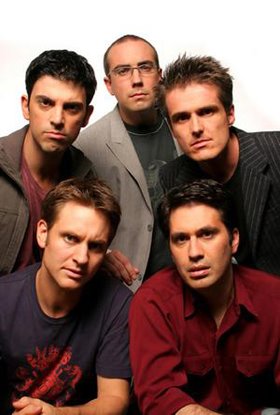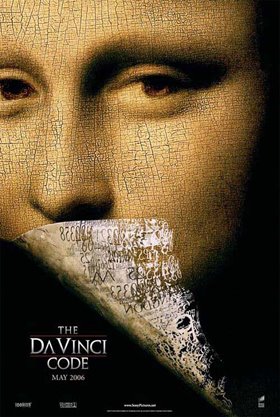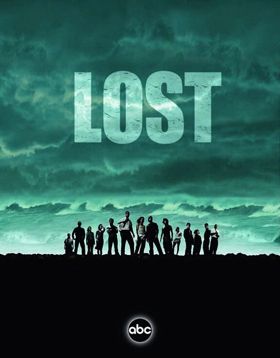 In the wake of the bland and forgettable X-Men Origins: Wolverine, J.J. Abrams' Star Trek is refreshing proof that there's still life in the old prequel/origin concept.
In the wake of the bland and forgettable X-Men Origins: Wolverine, J.J. Abrams' Star Trek is refreshing proof that there's still life in the old prequel/origin concept.
The punchy title of this, the eleventh entry in the Star Trek series, reflects the confident, stripped-back nature of the film. Gone are the unattractive roman numerals, indicating an impenetrable byzantine storyline, along with the confusing subtitles referring to incidents and characters that further alienated casual viewers.
Star Trek (re)introduces us to Captain James T. Kirk (Chris Pine), Spock (Zachary Quinto), Dr Leonard "Bones" McCoy (Karl Urban), Nyota Uhura (Zoe Saldaña) and the rest of the crew of the U.S.S. Enterprise as they meet for the first time at the Starfleet Academy.
However, the gang's first mission puts them to the ultimate test when they come up against a band of time-travelling Romulans (lead by Eric Bana's Captain Nero) hellbent on destroying Earth by using a drill containing an element called red matter that will open up a black hole when placed in the planet's core. Or something. To be honest, it's too convoluted to even bother taking the storyline seriously.
Despite this, the reimagined Trek (re)creates an entire universe that isn't worlds apart from our own. Wisely setting much of its action on Earth, Star Trek is populated by flawed heroes. Kirk, for instance, is strong-willed but cocky, while Spock is constantly conflicted by his mixed heritage.
The cast do a superb job of resurrecting classic characters, embodied for decades by the same actors. Pine and Quinto are particular highlights; neither opt to ape their predecessors, but both manage to retain the key elements that made the characters so iconic in the first place. Leonard Nimoy gives a heartfelt but contrived cameo as an older Spock, providing a neat link to the franchise's roots. Simon Pegg's hyperactive Scotty and Bana's forgettable Nero may be the only casting bum notes.
Rich in the themes that often dominate J.J. Abrams' TV work – chiefly, destiny – Star Trek's script ingeniously uses its central plot device of time travel to create a parallel timeline that effectively wipes clean anything made canon in the old Trek, and creates great potential for future instalments. Sure, the action and special effects dominate, but Roberto Orci and Alex Kurtzman's script ensures things move along so swiftly – and with enough humour – that the whole affair is never anything other than fun.
Yes, the geeks-only Star Trek franchise has been given a terrific Casino Royale-esque reboot. But whereas Casino Royale injected new life into a series that was still bringing in the big bucks, J.J. Abrams' Star Trek successfully reinvigorates a franchise that had previously appealed only to an increasingly narrow audience.
And once Leonard Nimoy delivers that immortal voiceover from the original Star Trek series during the film's final reel – like Daniel Craig's triumphant delivery of 007's famous introduction at the end of Casino Royale – it's evident that the series has truly become reborn.
 Satirical comedy team The Chaser have
Satirical comedy team The Chaser have  A couple of months back, I
A couple of months back, I  I was anticipating a leisurely Saturday afternoon at the cinema. Having left home in good time, I drove to Westfield Bondi Junction to discover utter chaos in the carpark. After twenty minutes of dizzying circling in a desperate attempt to find a parking space, I looked at my watch and questioned whether I would ever make it to see X-Men Origins: Wolverine.
I was anticipating a leisurely Saturday afternoon at the cinema. Having left home in good time, I drove to Westfield Bondi Junction to discover utter chaos in the carpark. After twenty minutes of dizzying circling in a desperate attempt to find a parking space, I looked at my watch and questioned whether I would ever make it to see X-Men Origins: Wolverine. The scent of fresh popcorn wafts through the cinema as a throng of people march their way across the unnaturally sticky floor before getting settled into their seats and noisily wrestling with bags of M&Ms. Everyone's wallets are (a frankly absurd) $16.50 lighter, but no-one is complaining. It could only mean one thing: Summer Blockbuster Season™ is here!
The scent of fresh popcorn wafts through the cinema as a throng of people march their way across the unnaturally sticky floor before getting settled into their seats and noisily wrestling with bags of M&Ms. Everyone's wallets are (a frankly absurd) $16.50 lighter, but no-one is complaining. It could only mean one thing: Summer Blockbuster Season™ is here! In
In  To celebrate Lost's 100th episode – last week's terrific Faraday-centric "The Variable" – I briefly entertained the idea of writing a post entitled "100 reasons why you and everyone you know and everyone they know should watch Lost".
To celebrate Lost's 100th episode – last week's terrific Faraday-centric "The Variable" – I briefly entertained the idea of writing a post entitled "100 reasons why you and everyone you know and everyone they know should watch Lost".